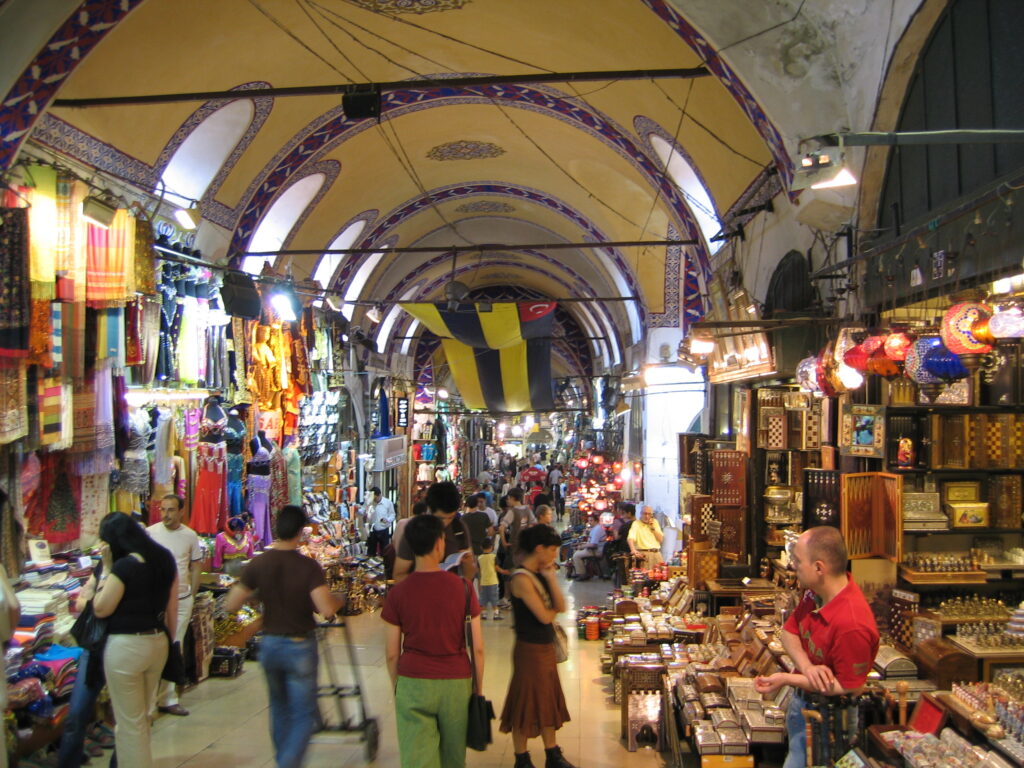Following an earthquake on February 6, which caused more than 50,000 deaths and building collapses in the southeast region, Turkey’s tourism is slowly recovering. Previously one of the most attractive destinations in the region, the tragic event has made tourists hesitant to book trips to Turkey. The World Travel and Tourism Council had predicted that Turkey’s tourism industry would grow by 5.5% annually over the next ten years, contributing a 2.5% increase to the overall economy. President Erdogan has been focusing on reducing the current account deficit, which was $48.8 billion last year, by developing the tourism sector, which plays a crucial role in the economy.
However, since the earthquake, the recovery of the tourism industry has been sluggish. Even before the earthquake, Istanbul’s overnight stays of two nights or more were seven percent below pre-pandemic levels, and now, they are behind by 31 percent. According to Olivier Ponti, the Vice President for Insights at ForwardKeys, international tourism to Turkey is declining significantly after the country led the travel recovery in Europe post-COVID.
The lifting of COVID-19 travel restrictions had prompted authorities to expect a strong and robust tourism season. However, the war in Ukraine has also negatively affected Turkey’s tourism industry. Although foreign visitors increased by 80 percent in 2022, reaching 44.56 million, it is still lower than the 45.06 million recorded in 2019.
Tourism is a significant contributor to Turkey’s economy, accounting for nearly ten percent of the GDP and employing 1.7 million people in accommodation and food services, representing five percent of total employment.










